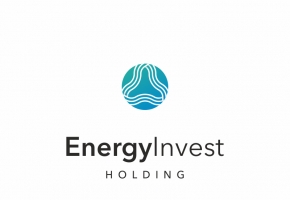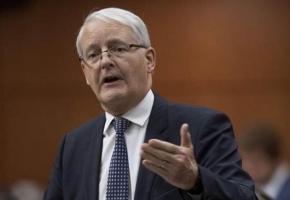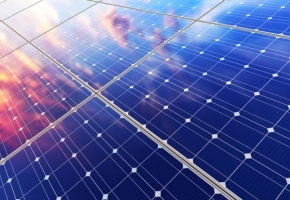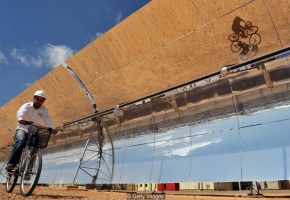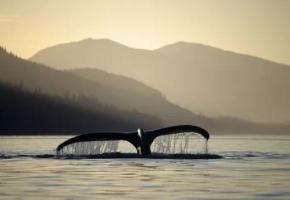Gas From Azerbaijan Now Flows To Western Europe

RFERL
The long-awaited Southern Gas Corridor (SGC) project officially began operating on the last day of 2020, as Azerbaijani oil and gas company SOCAR reported the first commercial gas delivery from the Azeri Shah Deniz offshore field to Italy’s Melendugno point on the Adriatic coast.
The 3500 km-long pipeline project consists of three sub-pipeline routes – the South Caucasus Pipeline Expansion (SCPX), the Trans-Anatolian Pipeline (TANAP) and the Trans Adriatic Pipeline (TAP) and will deliver 16 billion cubic meters of gas per year (bcm). Of this volume, Turkey will get 6 bcm and Europe will get 10 bcm.
While there is a certain excitement surrounding the milestone SGC, change will not come overnight. Geopolitical developments suggest that Russia still holds key political strings in its hands – such as the ceasefire it brokered between Armenia and Azerbaijan – which can be pulled if necessary.
For now, Southeastern European countries like Greece, Bulgaria, and Serbia are expected to benefit greatly. The SGC reaches Europe through TAP, sending gas to interconnector lines that branch through the region along the way — many of which are reverse-flow enabled.
Thanks to this comprehensive interconnector network, Balkan countries will be able to reduce their gas imports from Russia and simultaneously give them leverage to negotiate prices with Gazprom.
With the launch of the SGC, Europe’s regional interconnector lines may open up another source of gas diversification for the southeast: liquified natural gas (LNG). The main LNG suppliers of Europe last year were Qatar (28%), Russia (20%) and the US (16%).
SGC is hailed as a crucial project to diversify the EU’s gas supply. Yet, analysis so far has not moved beyond Italy, Greece, and Balkan countries. Thus far the project does not offer any major prospects for Western European markets further north. From the market price point of view, the project will bring competitive prices to Turkey and the southeast European countries but not to the rest of the EU.
Source: Forbes
